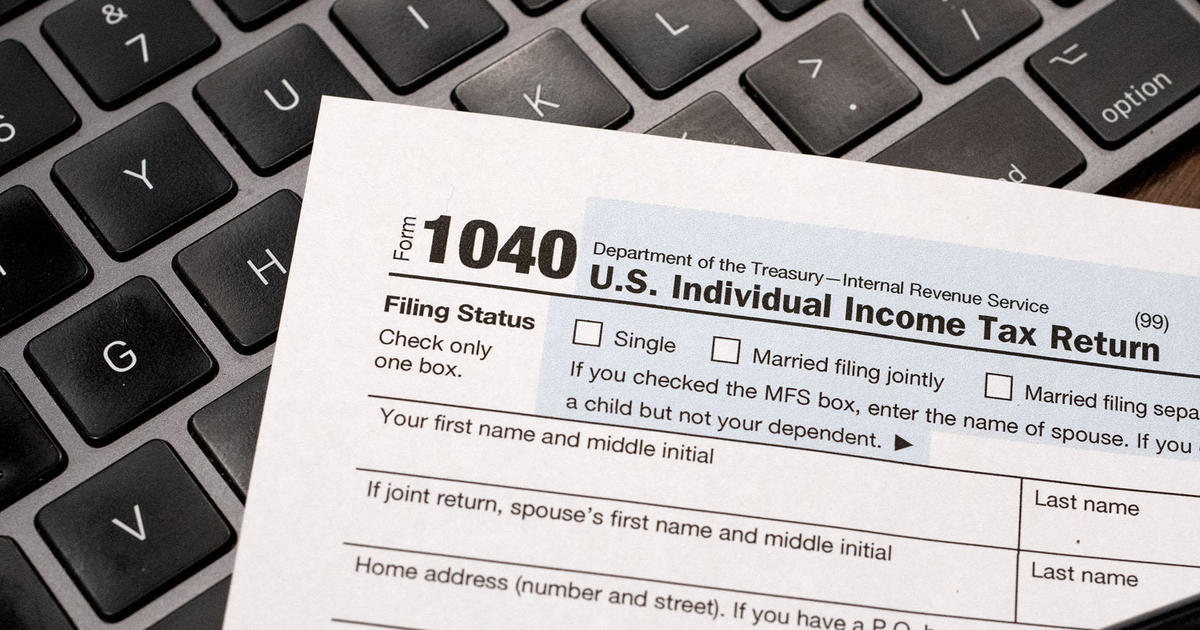Tax Facts: Guide To Filing Your 2010 Taxes
Here are some tips on how to get the most out of the process.
Tip 1:
Know that this year the federal tax filing deadline is actually three days later than normal. Why? Friday, April 15 is a holiday in Washington, D.C. (Emancipation Day), and since federal law dictates that all taxpayers get the same treatment and if the filing date falls on a holiday you file on the next business day, that brings us to Monday, April 18. And on the state side of things, since April 18 is Patriots Day, the deadline for Massachusetts state taxes has been extended to Tuesday, April 19.
Tip 2:
File electronically. This is the IRS' 21st year of electronic tax filing. Individuals or families with 2010 adjusted gross incomes of $58,000 or less can use the IRS' Free File software. 70 percent of taxpayers are eligible for this software.
Tip 3:
Don't wait for the forms to arrive at your doorstep. The IRS is no longer automatically sending forms to taxpayers. Because more people than ever before are filing electronically the IRS has decided not to send the forms that are, in many cases, not being used. Paper forms are still available at public libraries and other public buildings. You can also download them at www.irs.gov.
Tip 4:
Many things in filing for 2010 have not changed from 2009. This benefits homebuyers, people who purchased energy-saving items like furnaces and windows, college students or their parents, school teachers and adoptive parents.
Tip 5:
However… some tax breaks have ended. Whereas in 2009 a portion of unemployment benefits were excluded from income taxes, that's not the case for 2010. Tax breaks on deduction for sales and excise taxes on a new car are gone.
Tip 6:
If you became a first-time homebuyer before May 1, 2010, you may qualify for an $8,000 credit. Long-time homebuyers are eligible for a $6,500 credit. Eligibility not only is determined by income level, but also home price, which can't exceed $800,000. The home must be a primary residence for three years.
Tip 7:
Did you have a child in 2009? Congratulations! Not just for the bundle of joy, but for the extra tax deduction, which may bring you a little more joy. For each child, you can claim a personal exemption of $3,650. This serves to reduce your taxable income. Children under 19 years can be claimed as a dependent; under 24 years can be claimed as full-time students. There is no age limit for disabled children. If the parents are divorced, though, only one can claim a child as a dependent. Children can also lead to tax credits for child and dependent care, child tax credit and education tax credit.
Tip 8:
Is your child heading off to college? The American Opportunity Credit is a maximum $2,500 credit that can be applied toward tuition and other higher education expenses. It can be used by qualified parents for the first four years of college. If you fail to qualify for this credit, you can still deduct tuition and fees up to $4,000. This can be applied for students attending school less than half-time.
Tip 9:
Have you been cheating on your taxes? If so, now's the time to come clean. The federal government has recently been trying to track down Americans who evade taxes. It's now hoping some of the cheats will take it up on the offer to avoid jail time and pay reduced fines under a voluntary disclosure program. But the deadline is August 31 to speak up.
(TM and © Copyright 2010 CBS Radio Inc. and its relevant subsidiaries. CBS RADIO and EYE Logo TM and Copyright 2010 CBS Broadcasting Inc. Used under license. All Rights Reserved. This material may not be published, broadcast, rewritten, or redistributed. The Associated Press contributed to this report.)



